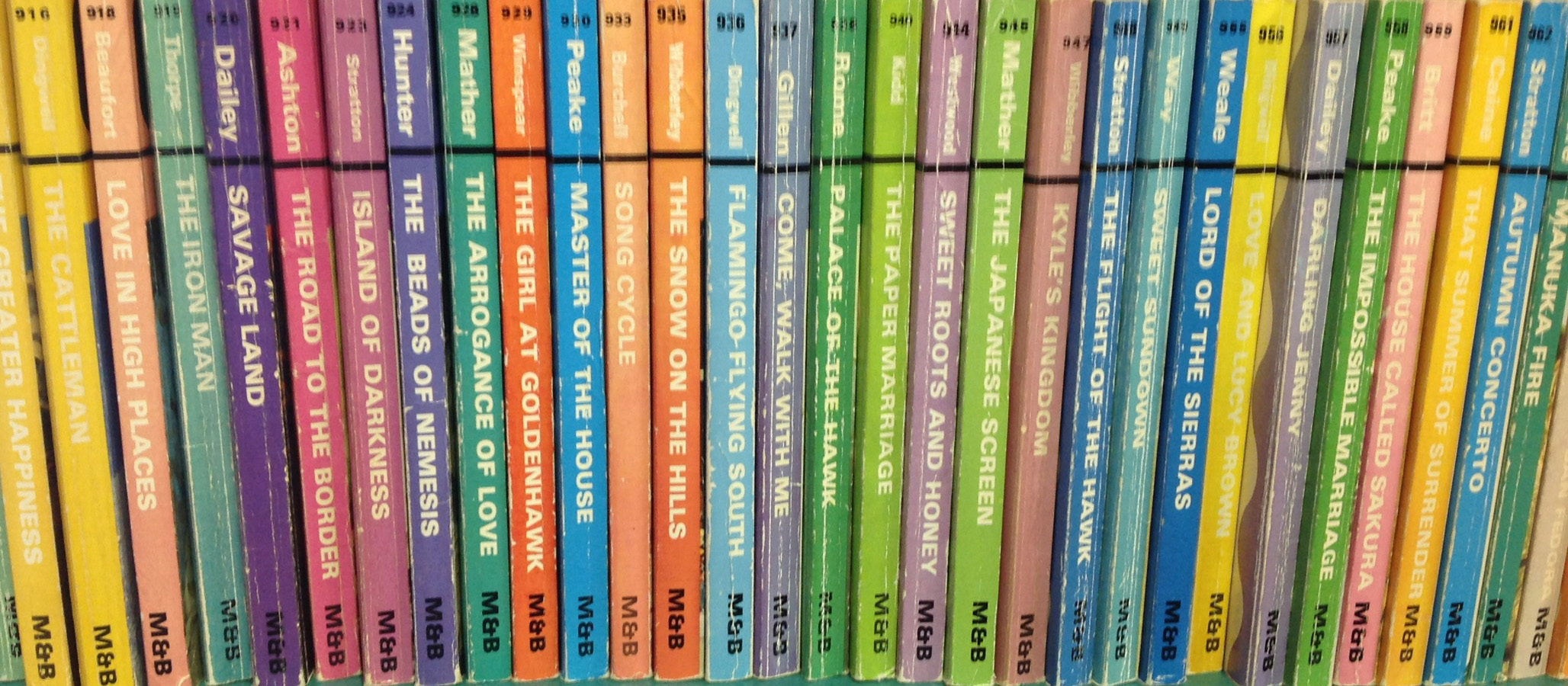Love in the Time of Twitter: Identity, Relationships, and Fantasy in Modern Young Adult Romance
Start Date
14-4-2018 9:15 AM
End Date
14-4-2018 10:15 AM
Proposal Type
Individual Presentation
Abstract
Social media has become pervasive in our society over the last 10 years. It has transformed the way we communicate and interact, has turned strangers into friends, and has allowed us to maintain a multitude of personalities, specifically curated for the platform in question. Who we are online is different than who we are in public which is itself different from who we are in private. Online we can be whoever we want to be. We can be idealized versions of ourselves. We can accept parts of ourselves we might otherwise deny or hide away those parts we — or others — might find objectionable. As the popularity of social media has increased, and as the internet has become less frightening and more widely seen as a tool of communication, so too has it become much more prevalent as a facet of young adult romantic fiction. In this paper, I analyze a number of recent novels in which social media and the internet plays a vital role and look critically at the way we construct identity and relationships online and the concerns, hopes, and anxieties modern teenagers face in these interactions.
Love in the Time of Twitter: Identity, Relationships, and Fantasy in Modern Young Adult Romance
Social media has become pervasive in our society over the last 10 years. It has transformed the way we communicate and interact, has turned strangers into friends, and has allowed us to maintain a multitude of personalities, specifically curated for the platform in question. Who we are online is different than who we are in public which is itself different from who we are in private. Online we can be whoever we want to be. We can be idealized versions of ourselves. We can accept parts of ourselves we might otherwise deny or hide away those parts we — or others — might find objectionable. As the popularity of social media has increased, and as the internet has become less frightening and more widely seen as a tool of communication, so too has it become much more prevalent as a facet of young adult romantic fiction. In this paper, I analyze a number of recent novels in which social media and the internet plays a vital role and look critically at the way we construct identity and relationships online and the concerns, hopes, and anxieties modern teenagers face in these interactions.


